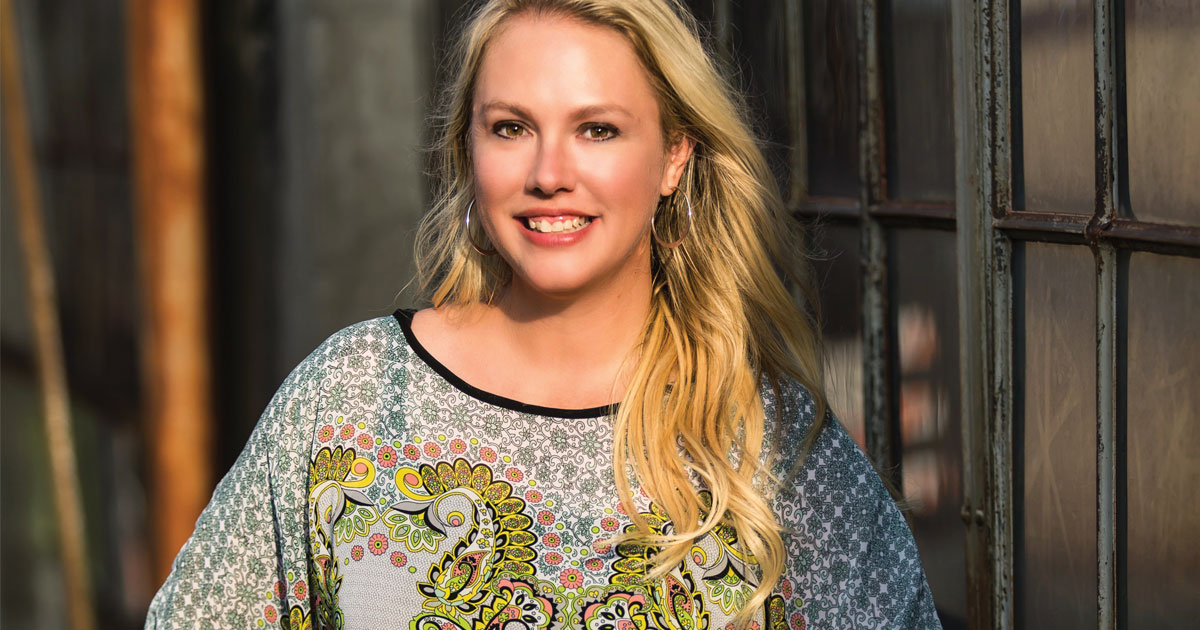People’s words, though intentional or not, can have a big effect on someone’s life.
For most of my life, I allowed words to have an impact on what I thought about myself or how I shaped my life. When I was a freshman in high school, I played for the junior varsity volleyball team. I loved the sport and dreamed about playing in college. One day I told the varsity coach my dream, and her response shaped the rest of my playing career. She told me I was too short to play in college. That was the end of the conversation. There was no motivational speech on how I could work hard to overcome my height or how I could play a position that was not height based. It was just a, ‘No, you are too short.’ In her mind, she was giving me what she felt was the best advice. Well, I ended up playing through college but how definitive she sounded that day about my inability to succeed in college volleyball shaped how I viewed myself in the sport.
We are all guilty of saying things out of anger or hurt that we don’t mean, but what about when we say things meaning to be helpful that do damage? Sometimes our most well-meaning intentions can be more harmful than we realize.
There is a story about a group of frogs that were traveling through the woods one day when two of them fell into a deep pit. Now, all the remaining frogs crowded around the pit. Realizing how deep it was, they started yelling at the two frogs that there was no hope left for them. However, the two frogs decided to ignore what the others were saying and proceeded to try and jump out of the pit. The two frogs kept getting close, but that didn’t stop the group of frogs at the top of the pit from telling them that they should just give up. That there was no hope.
Eventually, one of the frogs took heed to what the others were saying, and he gave up, falling down to his death. The other frog continued to jump as hard as he could. Again, the crowd of frogs yelled at him to stop and just give up.
He jumped even harder and finally made it out. When he got out, the other frogs said, “Did you not hear us?” The frog explained to them that he was deaf and thought they were encouraging him the entire time.
I find myself having to really stop and think about what words I use with my kids. They will ask my opinion on something or tell me about an idea that they have. On the one hand, I believe in giving honest feedback, but I also don’t want to limit their imagination or stifle what their dreams are, so I always encourage. If an outfit my daughter puts together isn’t something that I would pick out, I encourage her creative sense. If my son cooks something that doesn’t taste good, I encourage his ability to try new things. No matter what, I always stop and think about how what I might say could make a lasting difference in their lives.
Carl Rogers, an American psychologist, said it best when he said, “People are just as wonderful as sunsets if you let them be. When I look at a sunset, I don’t find myself saying, soften the orange a bit on the right-hand corner. I don’t try to control a sunset. I watch with awe as it unfolds.”
Try to think about the words you use the next time you are giving your opinion or are trying to tell someone what you think. It might just be the difference that changes someone’s life.



















